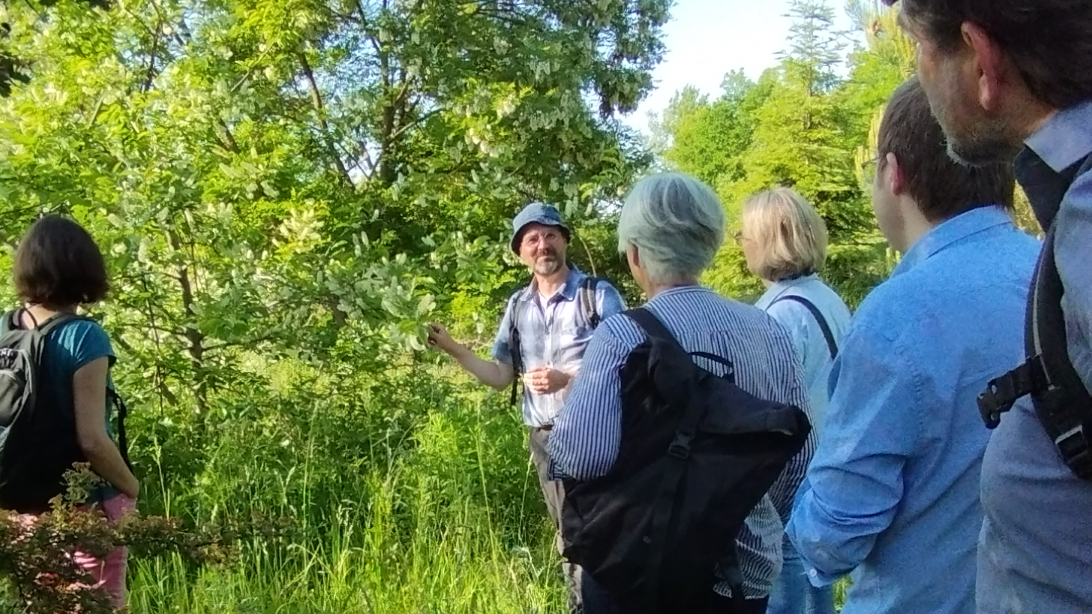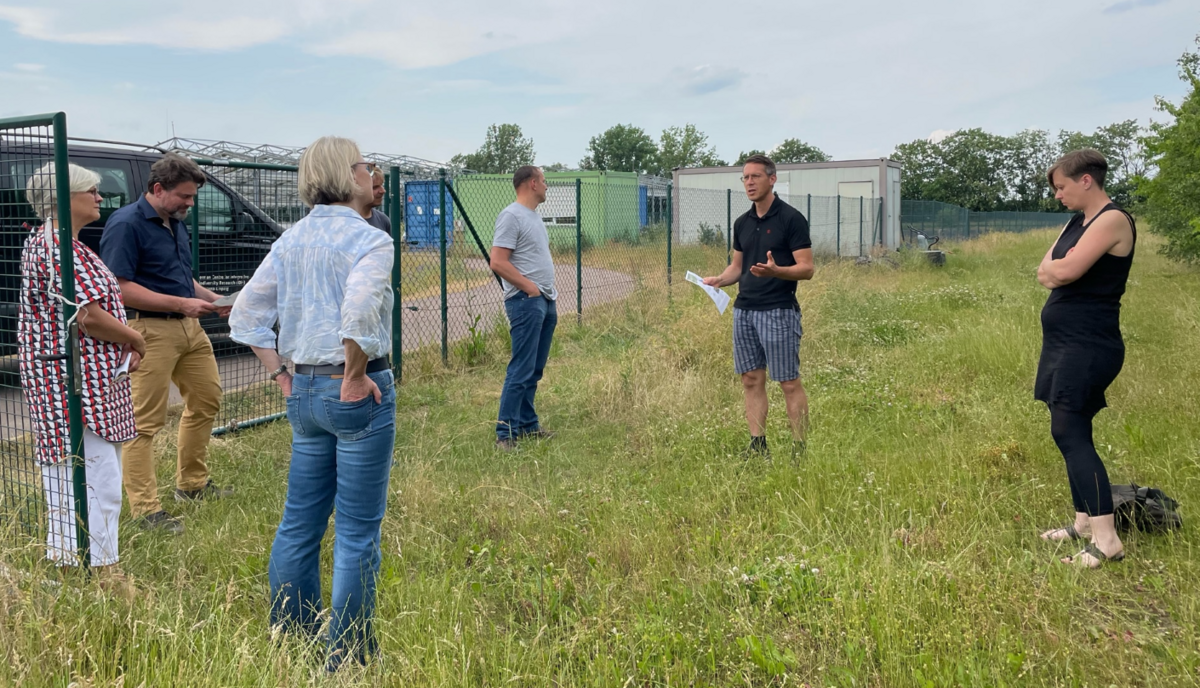Human actions and their consequences, such as pollution, resource exploitation, or deforestation, are major causes of biodiversity decline.
At the same time, humans depend in many ways on a biologically diverse and healthy environment. The loss of biodiversity therefore represents an ecological crisis that threatens human health and ultimately human existence.
However, little is known about the relationship between biodiversity and human health and the causal effects of biodiversity on mental health. Exploring these relationships and the underlying psychological mechanisms are major goals of this interdisciplinary project. Scientists from behavioral biology, biodiversity research and ecology, social and developmental psychology, as well as biodiversity economics are using a variety of methods (e.g., behavioral experiments, interviews, and questionnaires) to investigate the effect of biodiversity in different habitats, such as forests, urban parks, and outdoor laboratories, on the well-being of children, adolescents, and adults.
The joint project is funded by the BMBF under the BiodivGesundheit funding scheme.
Cooperation partners
- Nico Eisenhauer, Experimental Interaction Ecology
- Immo Fritsche, Social Psychology
- Vera Denzer, Anthropogeography
- Ute Kunzmann, Lifespan Psychology
- Martin Quaas, Biodiversity Economics
- Ingmar Staude, Systematic botany and functional biodiversity
- Christian Wirth, Systematic botany and functional biodiversity

